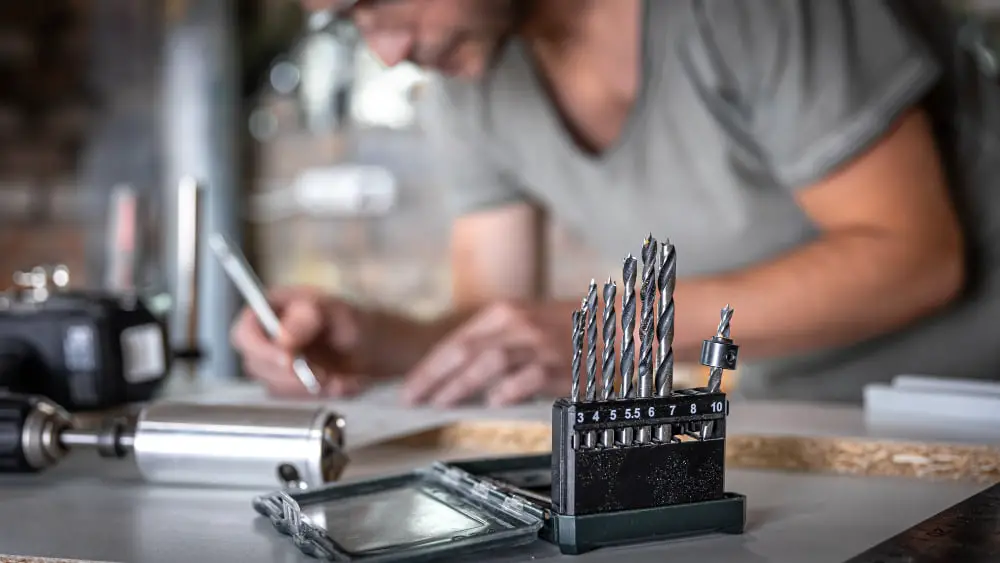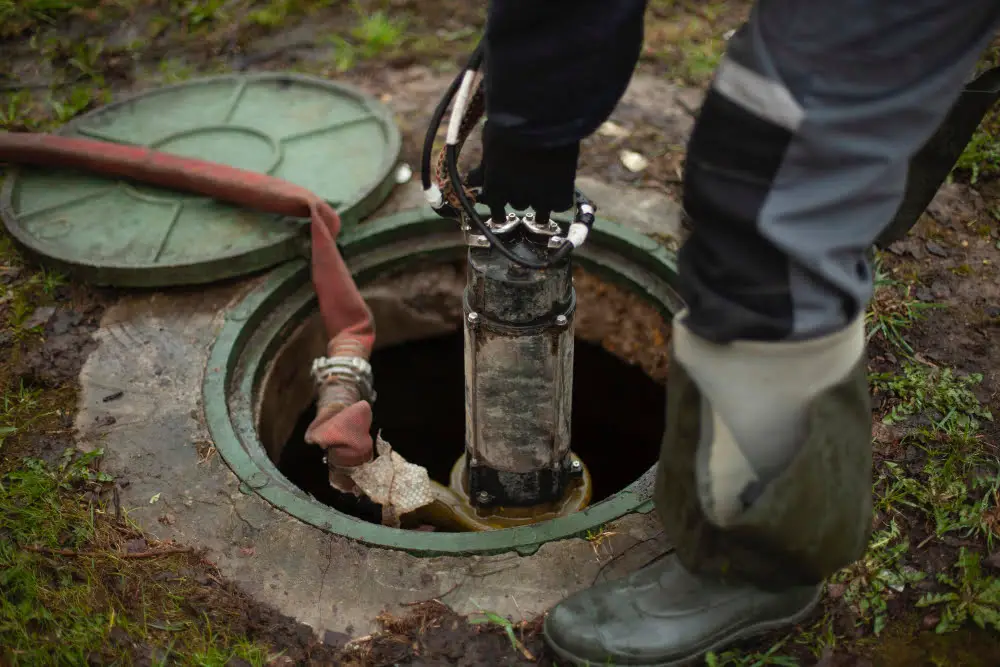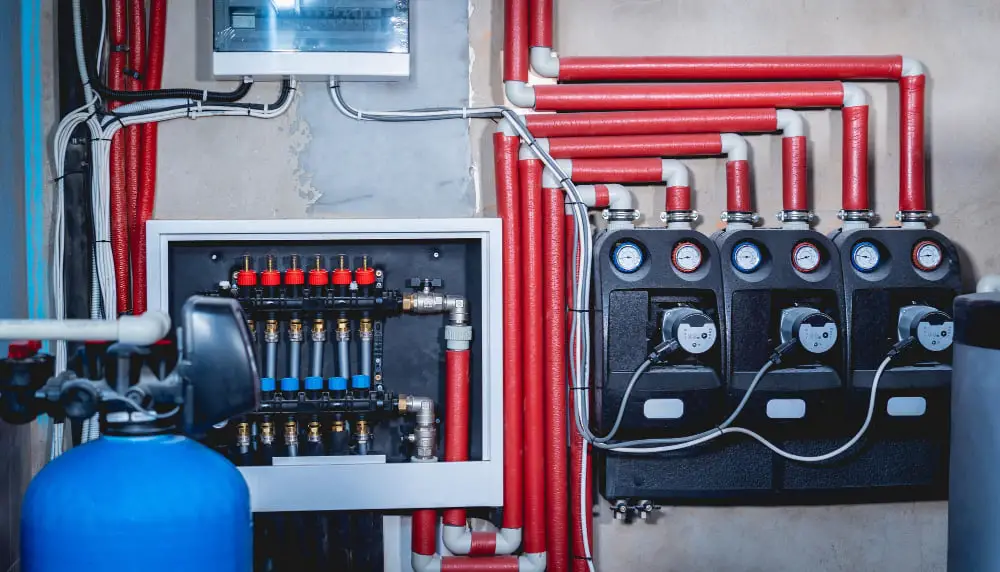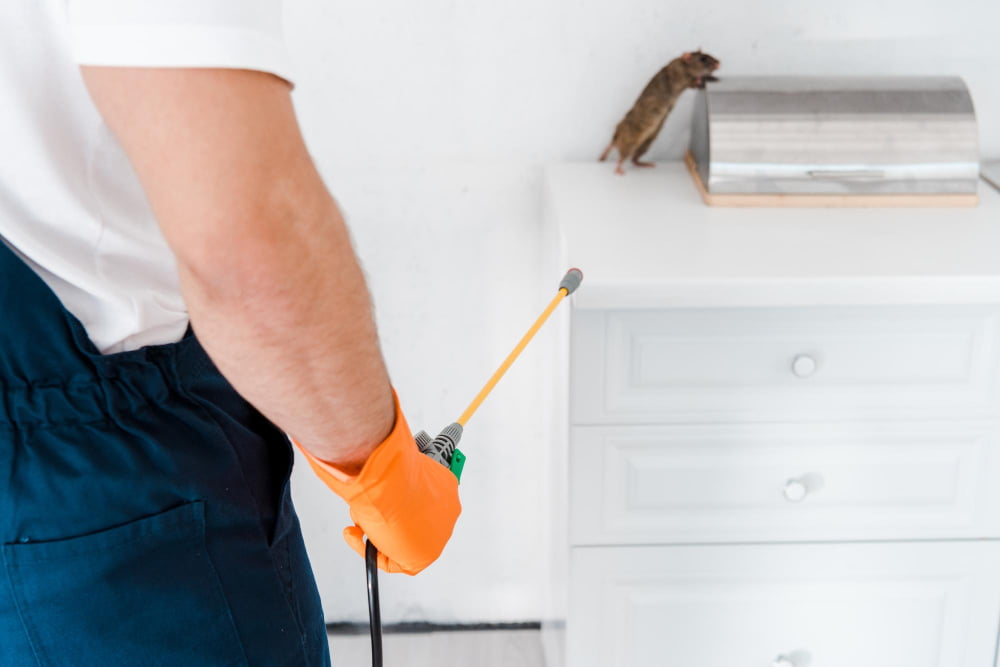Last updated on
Imagine this, you’ve got an exquisite furniture blueprint downloaded from Pinterest, a spare weekend, and the motivation of a home improvement guru ready to DIY. The only thing standing between you and your dream creation are the tools in your hand. Here’s where the tale twists:
Will your project go down in the annals of successful DIY accomplishments, or will it become the punchline in a story of shattered ambitions and flimsy contraptions?
The rightful instruments in your hand can turn that dreamy blueprint into a reality with finesse worthy of a professional finish. And those tools are not just the icing on the cake, they are the proverbial backbone without which your creations might buckle under the slightest pressure. But how does one discern and acquire the right tools, especially when “right” often equates to “expensive”?
No worries! We’re about to unveil a DIY craftsman’s treasure trove of tips. These pearls of wisdom can guide you to your much-coveted high-end tools without burning a hole in your pocket.
Define Your Project Needs

Before you grab your wallet and make a mad dash to the nearest tool emporium, stop and breathe. Now is the time to plan, not plunge. Start by gauging the scale and requirements of your project. Which specific tools do you need? Do you need a multitool or a specialized one? Assessing this at the outset helps you to target your hunt and avoid overspending on tools that are barely ‘nice to have’ but not quite necessary for your current endeavor.
Jot down a checklist, if necessary:
- Dimensions of materials you’re working with.
- Any peculiarities in the tools you need (angled head, increased torque, variable speeds, and so forth).
- Does the tool require specific certifications or standards depending on the nature of your project?
By knowing exactly what you’re looking for, your shopping experience will be strategic and efficient.
Research Trusted Brands
Brand loyalty isn’t just about patriotism in commerce; it’s mostly born of consistent quality and service. When it comes to tools, brands matter because they often reflect the quality and longevity you can expect from a product.
Whether it’s Beta Tools you’re interested in, or any other brand, checking them out online is the thing to do. Not only can you browse through their products and prices, but you can also read opinions from other people to get a sense of the brand’s reputation.
Consider the following when evaluating brands:
- What is the general consensus about this brand in online forums or review sites?
- Does the brand specialize in the tool you’re looking for, or is it more known as an alternative area of expertise?
- How has the brand’s reputation evolved over the years?
You might find that in the world of tools, a little brand recognition can go a long way in ensuring satisfaction and superior output.
Check Reviews and Recommendations

The internet is a tool in itself. It can guide you to the right tool faster than any eager sales associate. Online reviews, customer testimonials, and DIY blog recommendations can cut through the fluff and biased marketing. Here’s where you begin to discern the actual performance of a tool beyond its glossy packaging.
Pay attention to the following cues in reviews:
- Consistency in feedback about a particular product (recurring praises or complaints).
- Longevity or durability claims.
- Real-world applications or DIY projects similar to yours.
Reviews and recommendations act as the middleman between the promise of a tool and its performance. Trust the masses; they’re usually right.
Compare Features and Prices
It’s time to get into the nitty-gritty of tool functionality. Compare the features of different tools that are essential to your project needs. Variable speeds, ergonomic designs, material compatibility, power sources, weight, and accessory availability are just a few to consider.
A purchase of a high-end tool is an investment, and as with any investment, value is key. Compare the value-added aspects of your potential tools, including:
- Warranties and service agreements
- Included accessories or bundles
- Are there any customization options?
It’s also crucial to compare prices. Sometimes a higher price may be justified due to additional functionalities or superior build materials, but you might find that certain brands offer the same quality at a lower cost.
At the end of the day, finding high-end tools is akin to finding a reliable friend. It takes time, some soul-searching online, and a dash of intuition. But invest in the process, and it pays off in dividends. Your projects will stand testimonial not just to your creativity and labor, but to the discerning craftsman you’ve become.
Remember, buying a tool isn’t just a transaction; it’s a relationship. And just like any good relationship, it’s built on trust, respect, and mutual benefit. Your tools should be as committed to your project’s success as you are. Thanks for reading!
Recap




